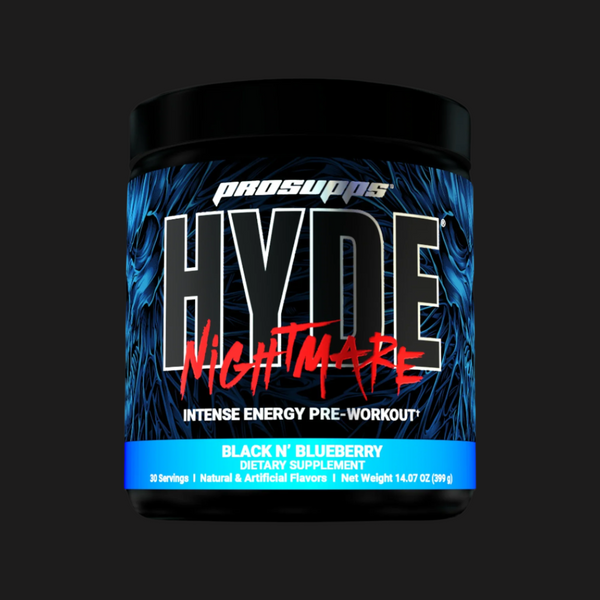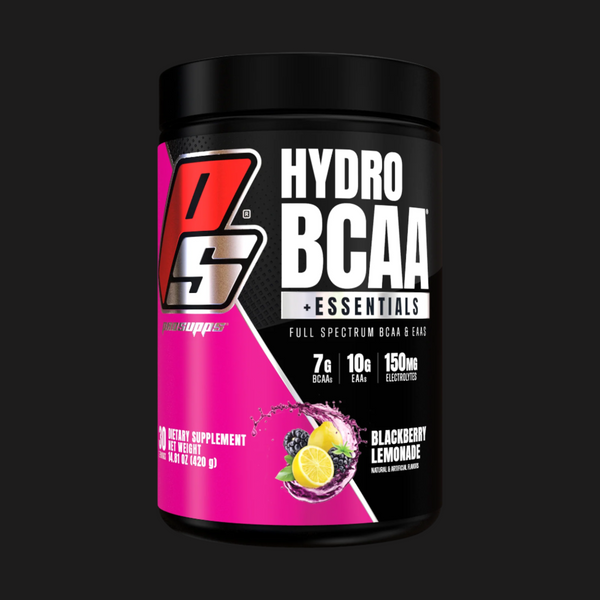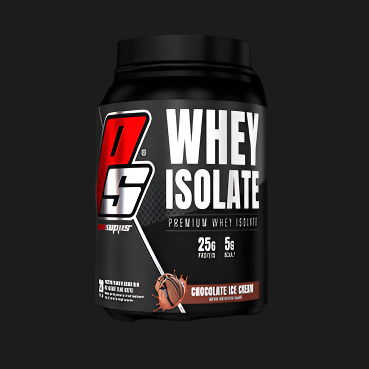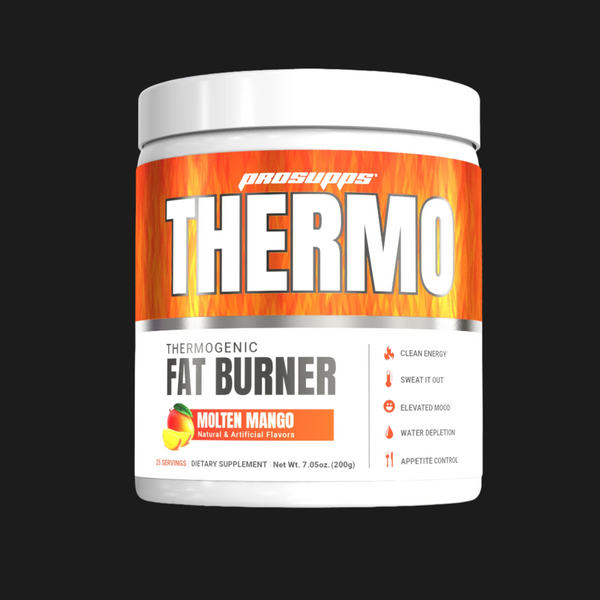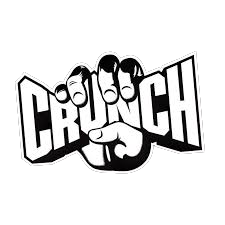
Things You Need To Know About Plant-Based Protein
 Written by Guy Gustafson
Written by Guy Gustafson April 27, 2021
There are numerous benefits to going plant-based, from improving your health to reducing your carbon footprint and helping the environment.
However, many people who are considering going plant-based have concerns about protein. Not only is protein vital for maintaining bodily functions, but it also helps build muscle and makes you feel fuller for longer (which is important if you’re looking to lose weight).
You need protein for energy, as well as to fight off muscle degeneration – there is no doubt that protein is one of the most essential nutrients that you need in your everyday diet.
The recommended daily protein intake depends on several factors, such as your weight and activity level. Although it may seem daunting at first, it is definitely possible to get enough high-quality protein on a plant-based diet.
As more and more people around the world look to incorporate plant-based substitutes into their diets, the variety of available plant-based proteins has never been better. Here's what you need to know about plant-based protein.
The Complete Protein Myth
There is a myth that has been perpetuated that you need to consume tons of plant-based protein in order to get the complete proteins found in meat. Studies have shown, however, that as long as a plant-based diet contains a wide variety of different protein sources, you will almost always get all of the essential amino acids that the human body needs.
For example, while mixing foods such as rice and beans might help you reach your complete protein intake in one meal, you can also eat them separately and still benefit from the proteins that each food source provides on its own.
Plant-Based Protein Sources
If you’ve been on a vegan or vegetarian diet for a while, you may already be consuming more protein than you realize. Many foods that aren't usually associated with protein, such as broccoli and whole grains, actually contain a good amount of the macronutrient and can contribute to your overall intake, along with other high-protein options like beans or lentils.
Here are some of our favorite plant-based protein sources to help you get all of the essential amino acids that you need.
Ancient Grains
Did you know that grains such as quinoa, farro, and amaranth are great sources of protein? Every cup of cooked grains contains between 8 and 9 grams of protein. Quinoa is also a complete protein, which can help to boost the nutritional value of your meals.
In addition to protein availability, a major benefit of plant-based foods is that they contain many other nutrients. For example, ancient grains not only provide a good amount of protein but are also jam-packed with fiber and vitamins, as well as minerals and antioxidants.
Legumes
When it comes to plant-based protein sources, legumes are one of the best. Legumes include foods such as lentils, black beans, and chickpeas. They are also incredibly rich in nutrients such as antioxidants and vitamins, and they are versatile ingredients that can be added to almost any meal for a protein boost. Each serving of legumes can provide up to 18 grams of protein.
Nuts
Nuts are delicious and are also super convenient if you're always on the go and are looking for a quick but filling snack. All types of nuts, from almonds to cashews, are rich in healthy fats and protein.
You can also get some nuts in your diet in the form of nut butters, but try to stay away from any that have added oils and sugars. Peanut butter in particular (even though peanuts are technically a legume) is high in protein and relatively inexpensive. Seeds such as hemp, chia, and flax are also packed with protein, omega fatty acids, and other health benefits.
In addition to snacking on them by the handful, you can also add nuts to salads or oatmeal for added nutrition. If you're watching your weight, just be careful to watch the calories on these plant-based protein sources as nuts and seeds tend to be high in calories.
Nuts and seeds may also not be suitable for people with certain allergies or health conditions.
Meat Substitutes
Vegan meat substitutes have grown in popularity over the past few years and can be very helpful for those transitioning to a plant-based diet. However, it's important to remember that these types of substitutes tend to be very processed and can be high in fat and sodium. Just like any other processed food, it's fine to have occasionally, but it shouldn't be a staple of your diet.
Some great alternatives to more processed meat substitutes are soy products such as tofu or tempeh. They are very versatile ingredients and can be used in many recipes instead of chicken or beef.
Seitan is another popular meat alternative that is made from vital wheat gluten, which is the main protein found in wheat. As such, it is very high in protein and low in carbs and fat. While seitan isn't necessarily unhealthy on its own, it is often found in more processed forms with added ingredients, so always be sure to check nutrition labels. This goes for any processed food you may be thinking of buying.
If you happen to pick up a pre-packaged and convenient snack, do your best to choose something with minimal added sugar, oils, and other additives. Of course, the best option is always whole foods. If you have the time, try buying whole ingredients and fresh products and cook a healthy vegan meal at home.
It is important to keep in mind that while vegan and vegetarian diets are known for their health benefits, it is still possible to eat an unhealthy vegan diet if you’re not careful and regularly eat processed foods. Just because you’ve cut out meat doesn’t automatically mean that these diets are healthier. After all, french fries and potato chips are vegan. Committing to a healthy diet is a conscious process, and takes research and planning to get right.
Plant-based Protein Powders
If you’re still worried about getting enough protein or are finding it difficult with your current diet, plant-based protein supplements such as protein powders are a great option.
They can be especially helpful for people who need more than the average protein intake, such as athletes and bodybuilders. Having a convenient and replenishing protein shake after a workout can help enhance the benefits of your workout and help your recovery.
Once again, remember to always check labels to make sure that you’re not consuming tons of sugar or artificial ingredients along with your healthy shakes. Analyzing the label will also enable you to get a better idea of the nutrients that you’re consuming. After all, it’s always a good idea to know exactly what you’re putting into your body, and that’s no different when it comes to plant-based protein supplements. We recommend supplementing protein powders with a healthy and balanced diet made up of whole foods to fulfill all of your nutritional needs.
Conclusion
When it comes to vegan or vegetarian diets, getting enough protein can seem more difficult, but it doesn't have to be. With the proper planning and research, you might be surprised to find out how easy it is. Just remember to consume a wide variety of plant-based foods and always check food labels to ensure you're maximizing nutrition.
GET LEAN
 Why You're Struggling
Can't Lean Out? Here's Why You're Struggling
Why You're Struggling
Can't Lean Out? Here's Why You're Struggling
We all know the feeling. You’ve been working hard in the gym, sticking to your diet and getting in your...
 Weight Loss
Choosing the Best Protein Powder for Weight Loss
Weight Loss
Choosing the Best Protein Powder for Weight Loss
Struggling to shed body fat and lean out? You might need to focus more on your nutrition, specifically your protein...
 Weight Loss
9 Ways to Speed Up Your Weight Loss and Burn More Fat
Weight Loss
9 Ways to Speed Up Your Weight Loss and Burn More Fat
Weight loss is a major goal for more than 40 percent of Americans. Is it something you’re working toward, too?
 Workout Routine
10 Tips for Building a Sustainable Workout Routine
Workout Routine
10 Tips for Building a Sustainable Workout Routine
Starting a fitness journey is an exciting time, but maintaining a sustainable workout routine can be challenging. From setting realistic...





